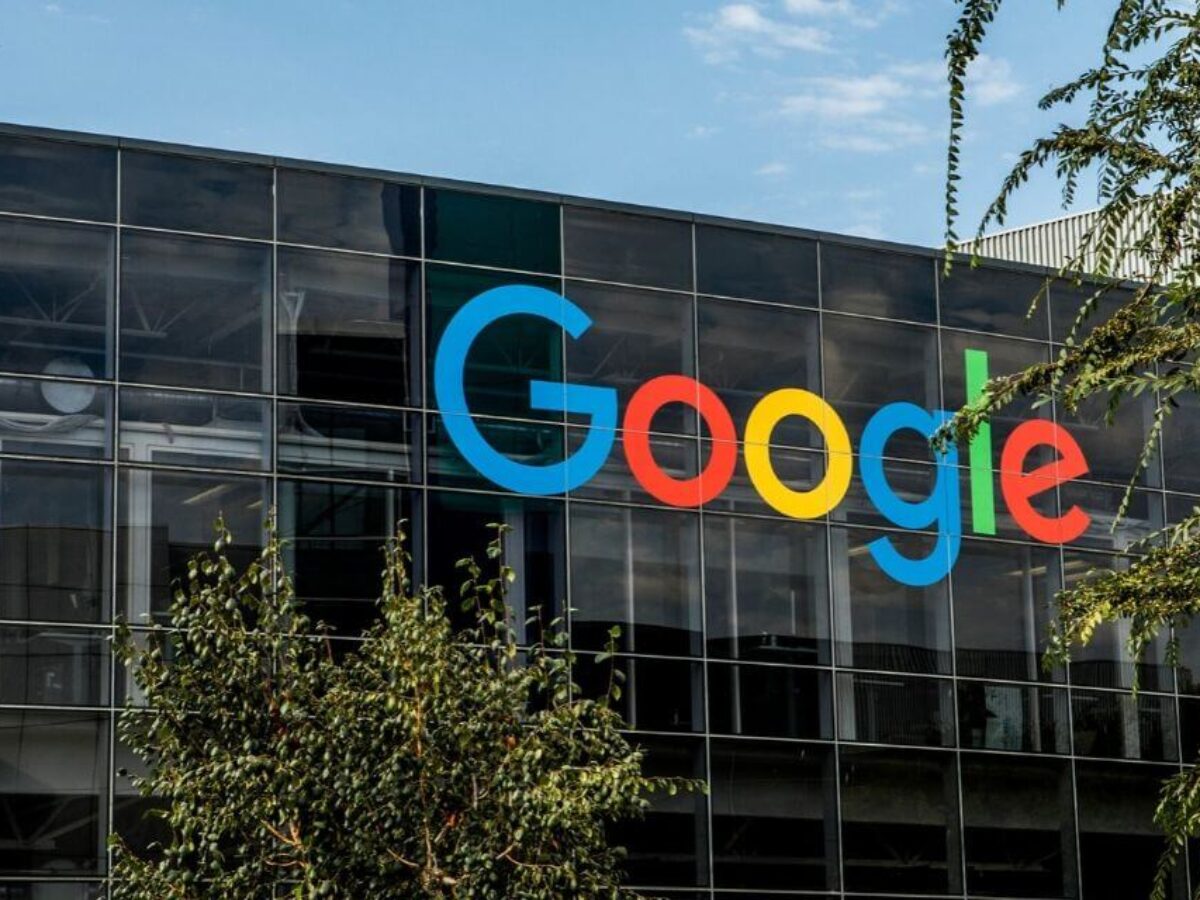
In a groundbreaking move that signals both technological advancement and potential privacy concerns, Meta has unveiled its latest weapon against digital fraud: a sophisticated facial recognition system designed to combat celebrity impersonation scams and streamline account recovery processes. This development marks a significant shift in how social media platforms approach user protection, but it also raises important questions about data privacy and consent.
Beyond Celebrity Protection: A Global Security Framework
While the initial focus appears to be on protecting celebrity images, Meta’s new technology represents something far more substantial – a fundamental restructuring of how we approach digital identity verification. According to Meta’s Security Blog, the system goes beyond simple image matching, incorporating advanced AI algorithms that can detect even sophisticated deepfake manipulations.
The Technical Revolution Behind the Scenes
Meta’s new facial recognition system operates on a unique “verify-and-destroy” protocol. Unlike previous facial recognition systems that stored data indefinitely, this technology:
– Performs real-time analysis of facial features
– Immediately deletes biometric data after verification
– Utilizes encrypted channels for all data transmission
– Implements blockchain-based verification protocols for additional security
Regional Implications and Global Privacy Standards
The technology’s rollout reveals a fascinating digital divide. While Europe’s GDPR regulations have forced Meta to limit implementation in the EU, other regions are becoming unwitting testing grounds for this new technology. **Privacy International reports** suggest this could create a “two-tier” system of digital rights globally.
A Double-Edged Sword for Emerging Markets
In regions like Africa and Southeast Asia, where digital literacy is rapidly growing alongside cybercrime rates, Meta’s technology offers both opportunities and challenges:
– Faster account recovery options for users in remote areas
– Enhanced protection against financial scams targeting vulnerable populations
– Potential concerns about data sovereignty and privacy rights
– Questions about consent and data usage in less regulated markets
The Deepfake Dilemma
Perhaps the most compelling aspect of this technology is its potential to combat the rising tide of deepfake content. DeepTrace Labs statistics indicate a 400% increase in deepfake videos over the past year, making this technology particularly timely.
Future Implications and Industry Impact
Meta’s move could set a new standard for social media security, potentially influencing:
– Other platforms’ approach to identity verification
– Global privacy legislation development
– The future of digital identity protection
– International data protection standards
Privacy Advocates’ Response
Privacy experts remain divided. While some praise the technology’s potential to prevent fraud, others warn of a slippery slope. Electronic Frontier Foundation representatives have expressed concerns about potential misuse and function creep.
The Road Ahead
Meta’s facial recognition technology represents more than just a security update – it’s a glimpse into the future of digital identity verification. As this technology evolves, the balance between security and privacy will become increasingly crucial.


















 and then
and then